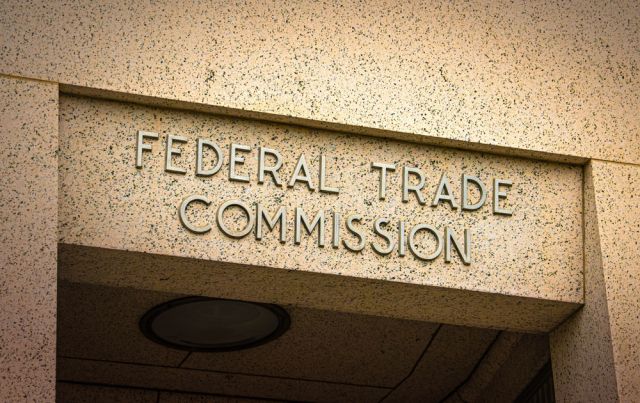
Diamondback joins a club to which few dealmaking E&Ps want to belong: companies that have received second requests from the FTC. (Source: Shutterstock)
Hopes that Diamondback Energy’s $26 billion merger with Endeavor Energy Resources would avoid regulatory entanglements have been officially dashed by an increasingly vigilant Federal Trade Commission (FTC).
Diamondback, which was nearing the expiration of a deadline under the Hart-Scott-Rodino Antitrust Improvements Act, disclosed in a recent Securities and Exchange Commission filing that it had received a second request from the FTC on April 29. A second request automatically extends the review period of the deal.
Diamondback joins a number of E&Ps that reached M&A agreements, only to see them prolonged by additional documentation requests and review by the FTC.
“For a minute it seemed there was a slight chance we could see an early close for the EER merger, though our sense is few got their hopes up,” Evercore ISI analysts wrote in an April 30 commentary. “With the deadline midnight last night [April 29] FANG [Diamondback] disclosed a second request from the FTC in an 8K released after market.
“Expectation is now for a firm 4Q close.”
Diamondback joins a club to which few dealmaking E&Ps want to belong: companies that have received second requests from the FTC. In April, Chesapeake Energy’s $7.4 billion merger with Southwestern Energy was delayed by such a request. The agency has also filed second request notifications with Chevron and Hess Corp. related to a $53 billion merger, as well as Exxon Mobil and Pioneer Natural Resources regarding their $60 billion deal.
In February, Diamondback announced a cash-and-stock agreement with Endeavor to create a combined company valued at more than $52 billion. The transaction consideration was to consist of approximately 117.3 million shares of Diamondback common stock and $8 billion of cash, subject to customary adjustments.
Diamondback shareholders already voted to approve the merger, the company said on April 26.
Diamondback and Endeavor each received a request for additional information and documentary material—the so-called second request—from the FTC. The new 30-day waiting period now begins after both companies comply with the request. The waiting period can be extended voluntarily by the parties or terminated earlier by the FTC.
“The company and Endeavor will continue to work cooperatively with the FTC in its review,” Diamondback said in its SEC filing. “The company expects that the transactions contemplated by the merger agreement will close in the fourth quarter of 2024, subject to the expiration or termination of the waiting period under the HSR Act and the satisfaction or waiver of the other customary closing conditions.”
Recommended Reading
Fear Not, the Robots Have Reached Oil and Gas
2024-05-21 - Wood’s Iris Edge and ENVision software provide a new and more accurate way to not only discover emissions leaks, but also manage them.
Quantum Capital’s View on AI: Lots of Benefits, Pain Points
2024-05-16 - The energy industry is lagging in the race to implement AI, but Sebastian Gass, CTO of Quantum Capital Group, offered a few solutions during Hart Energy’s 2024 SUPER DUG Conference & Expo.
Aramco Credits Adaptability, Collaboration for Driving Innovation
2024-05-15 - Aramco’s implementation of different approaches has led to the creation and commercialization of newer products, said Max Deffenbaugh, principal scientist for Aramco, at the 2024 Offshore Technology Conference in Houston.
OTC: E&Ps Improving Operational Safety with Digitization
2024-05-13 - Artificial intelligence and the digitization of the oilfield have allowed for several improvements in keeping operators out of harm’s way, panelists said during the 2024 Offshore Technology Conference.
Exclusive: Cost-effective Benefits of Extracting from Mature Assets
2024-05-13 - Baker Hughes' well abandonment leader Bart Joppe details the importance of extracting resources from mature assets and the company's approach to managing a well, in this Hart Energy Exclusive interview.






